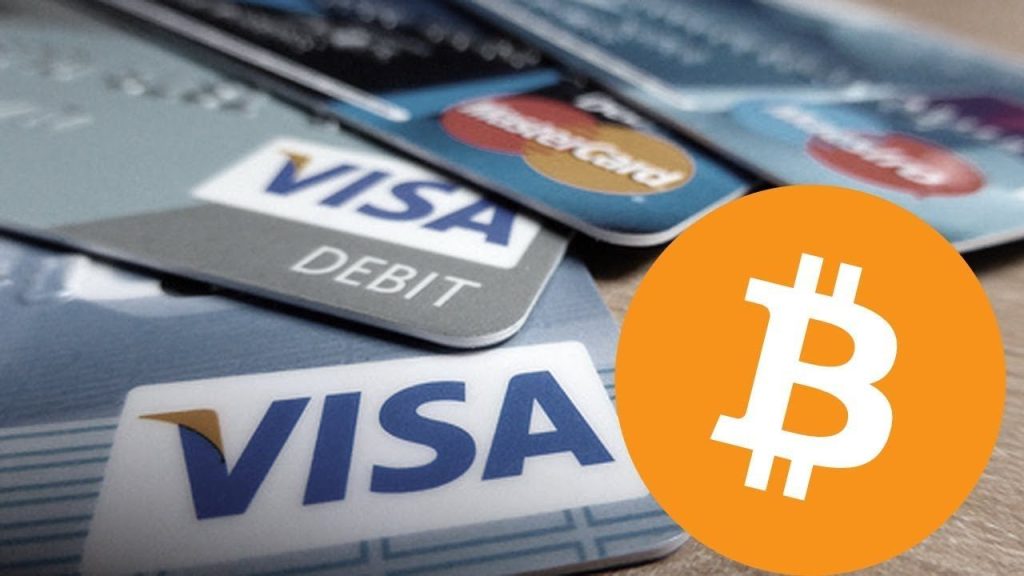
- Bitcoin and Ether rebound on news that Visa will be facilitating settlement using USDC – regulated dollar-backed stablecoin
- Merchants still demonstrate reluctance to accept cryptocurrencies and stablecoins are an important halfway house towards wider adoption
For those unfamiliar with the world of cryptocurrencies, stablecoins are a key variable in both buying and selling digital assets and their derivatives.
Bitcoin and other cryptocurrencies, particularly Ether, rose yesterday as payment service provider Visa (+0.46%) announced that it would be issuing its own dollar-backed stablecoin to settle transactions.
The move comes as blockchain technology gains more acceptance in the legacy financial system and as PayPal announced earlier that it would be facilitating the use of cryptocurrencies for payments and settlement.
Ether rose faster than Bitcoin as Visa announced that through its pilot program it would be using USD Coin to settle transactions over the Ethereum blockchain, with the help of cryptocurrency platform Crypto.com and Anchorage, a digital asset bank, expanding the service to more partners later this year.
Visa’s Chief Product Officer Jack Forestall said in a statement on Monday that the firm’s move was partly an effort to serve fintech companies,
“Crypto-native fintech want partners who understand their business and the complexities of digital currency. The announcement today marks a major milestone in our ability to address the needs of fintechs.”
Another dollar-backed stablecoin may also help to fuel demand for cryptocurrency derivatives on regulated exchanges.
For now, USDT or Tether, the controversial dollar-backed stablecoin, remains the most widely used stablecoin to gain access to a wide range of cryptocurrency derivatives, as well as to buy cryptocurrencies directly such as Ether or Bitcoin.
The sheer number of USDT-based trading pairs eclipses its closest stablecoin rivals, mainly because USDT had a first-mover advantage and many cryptocurrency issuances, especially initial coin offerings, were pegged to USDT, in the absence of alternatives.
Visa’s initiative also provides cryptocurrency investors an off-ramp from their digital assets as well, with the potential to use the sale proceeds from the sale of cryptocurrencies, convert them to the dollar-based stablecoin used by Visa, and then to use those dollars across Visa’s vast network.
While more financial institutions are cottoning on to cryptocurrencies, merchants, outside of Tesla (-1.20%), are still somewhat reluctant to accept them for payment given their volatility.
And while traditional financial firms are beginning to embrace cryptocurrencies and launch blockchain projects, some remain skeptical of mainstream adoption, including Blythe Masters, one of cryptocurrency’s earliest and most high-profile proponents, now turned skeptic.
Masters, a former JPMorgan Chase (-1.55%) executive who now helms Motive Capital, criticized cryptocurrencies for being mainly used as a vehicle for speculation and was unlikely to displace alternative stores of value.



